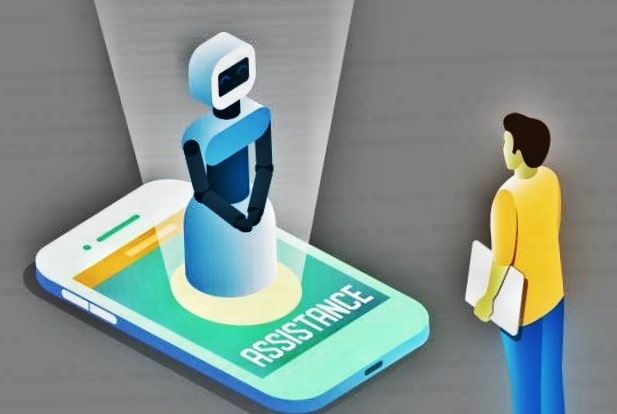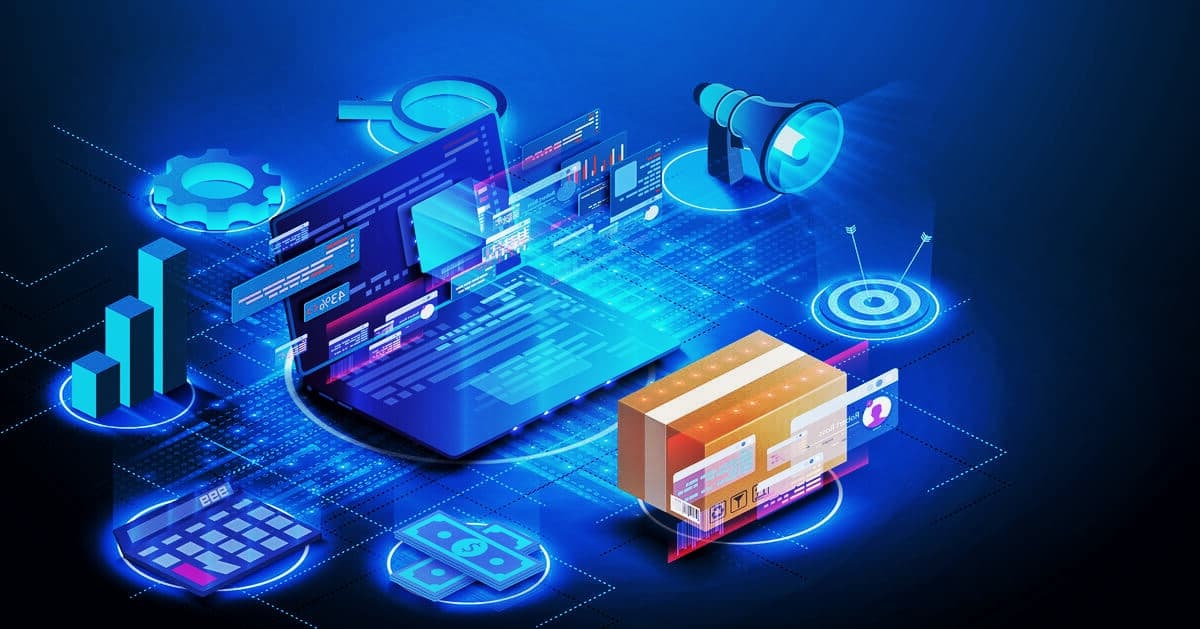Artificial Intelligence (AI) has revolutionized various industries, and e-commerce is no exception. In today’s digital world, AI is playing a significant role in shaping the future of e-commerce.AI is enabling online businesses to flourish and maintain their competitiveness by analyzing data, forecasting client behavior, and improving user experiences. In this blog post, we will explore the top Artificial Intelligence trends in e-commerce that you should look out for.
Personalized Shopping Experiences
One of the most prominent Artificial Intelligence trends in e-commerce is the ability to deliver personalized shopping experiences. AI algorithms can analyze vast amounts of customer data, including browsing history, purchase patterns, and demographic information, to create personalized recommendations. By understanding individual preferences, AI-powered systems can showcase relevant products, offer tailored discounts, and provide a more engaging shopping experience.

Imagine visiting an online store and being greeted with product recommendations that perfectly align with your style and preferences. This level of personalization not only enhances customer satisfaction but also increases the likelihood of making a purchase. With AI, e-commerce platforms can leverage customer data to provide recommendations that feel as if they were handpicked just for you.
Chatbots and Virtual Assistants
Another significant AI trend in e-commerce is the rise of chatbots and virtual assistants. These intelligent systems use natural language processing and machine learning algorithms to interact with customers in real-time. Chatbots can answer frequently asked questions, provide product recommendations, and even assist with the purchase process.
Chatbots offer immediate support, reducing the need for customers to wait for human assistance. They can handle multiple inquiries simultaneously, ensuring a seamless shopping experience. Additionally, AI-powered chatbots can learn from customer interactions, continuously improving their responses and problem-solving abilities.

Virtual assistants, such as voice-activated devices, have also gained popularity. Customers can interact with these devices to search for products, place orders, and track shipments. By integrating AI-driven virtual assistants into their e-commerce platforms, businesses can provide convenient and hands-free shopping experiences.
Visual Search and Image Recognition
Visual search and image recognition technologies are transforming the way customers discover products online. AI algorithms enable e-commerce platforms to analyze images and identify specific objects, styles, or patterns. This allows customers to search for products using images instead of keywords.

For example, if a customer sees a pair of shoes they like but doesn’t know the brand or name, they can take a picture or upload an image to the e-commerce platform. AI-powered image recognition will then match the image to similar products available for purchase. This technology eliminates the need for customers to describe items in words, making the search process more intuitive and efficient.
Fraud Detection and Prevention
As online transactions increase, so does the risk of fraudulent activities. AI is playing a crucial role in detecting and preventing fraud in e-commerce. Machine learning algorithms can analyze vast amounts of transactional data, identifying patterns and anomalies that indicate fraudulent behavior.
AI-powered fraud detection systems can flag suspicious transactions in real-time, helping businesses take immediate action to mitigate risks. By continuously learning from new data, AI algorithms become more adept at recognizing fraudulent patterns, protecting both businesses and customers.
Supply Chain Optimization
AI is also revolutionizing supply chain management in e-commerce. By analyzing historical data and considering various factors like weather, demand fluctuations, and transportation costs, AI algorithms can optimize inventory management, reduce wastage, and improve delivery timelines.




One Reply to “Top 5 artificial intelligence and e-commerce trends in 2023”